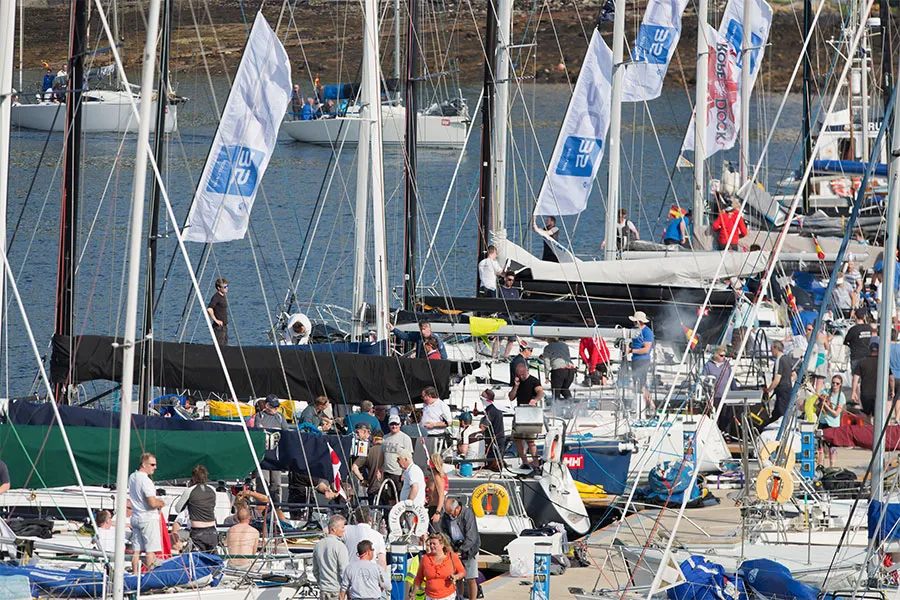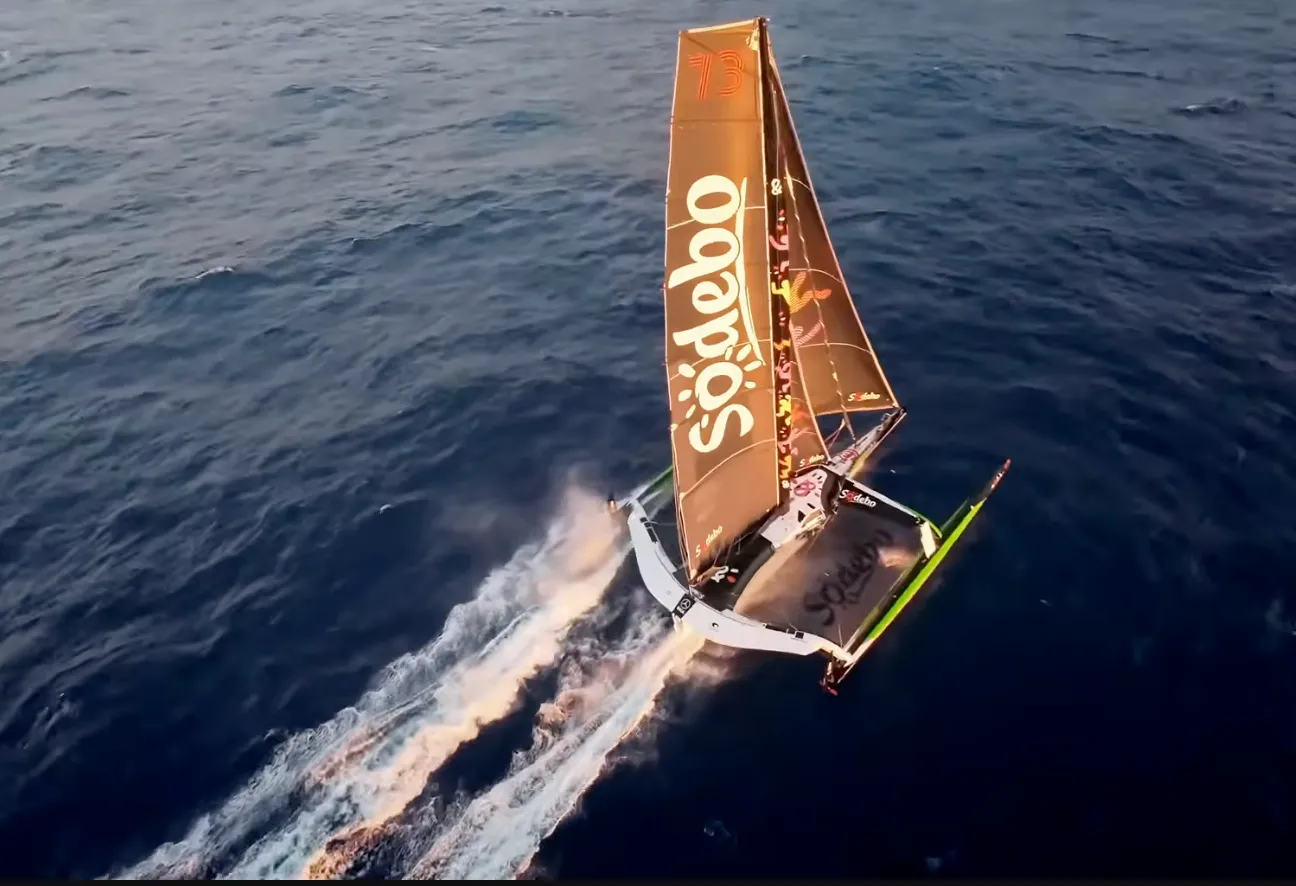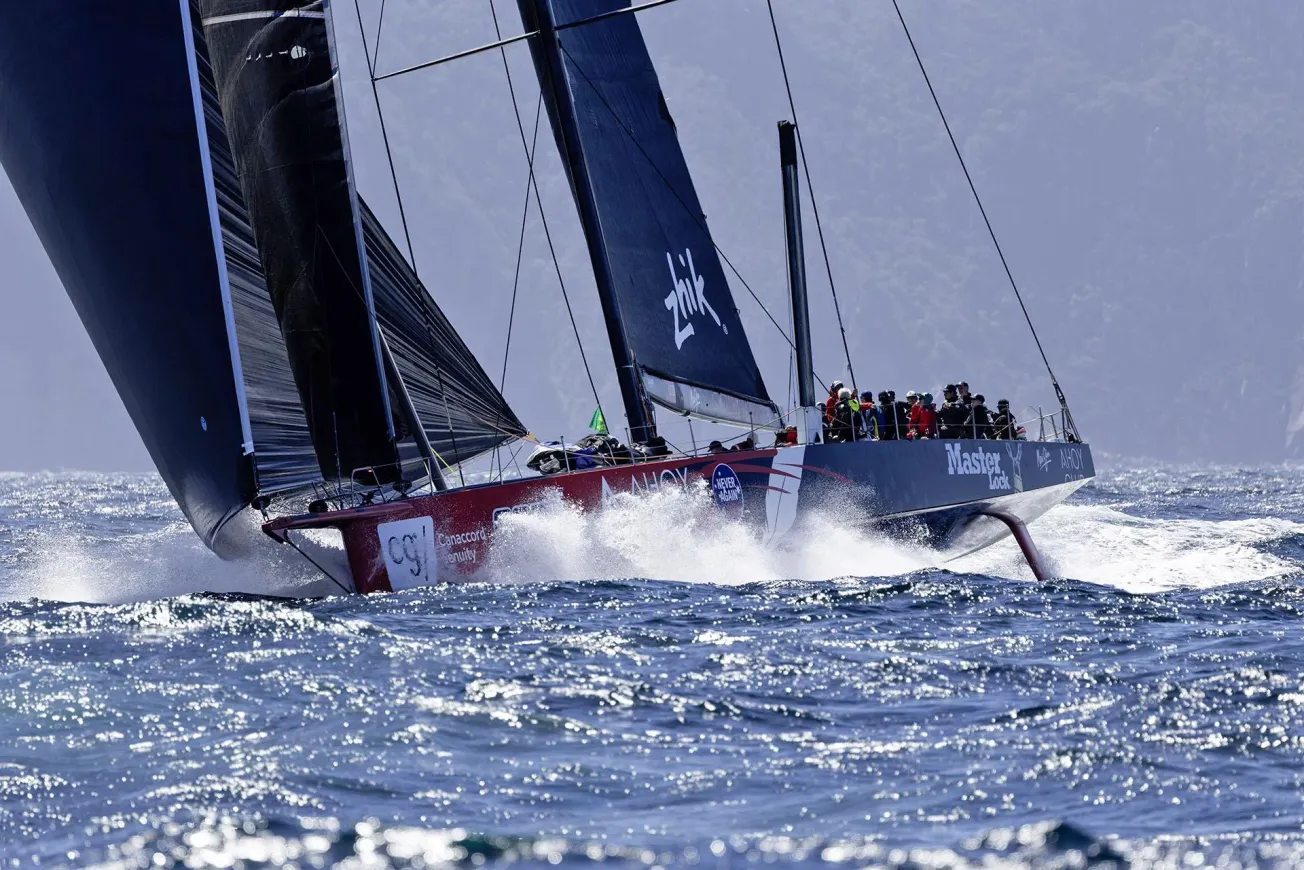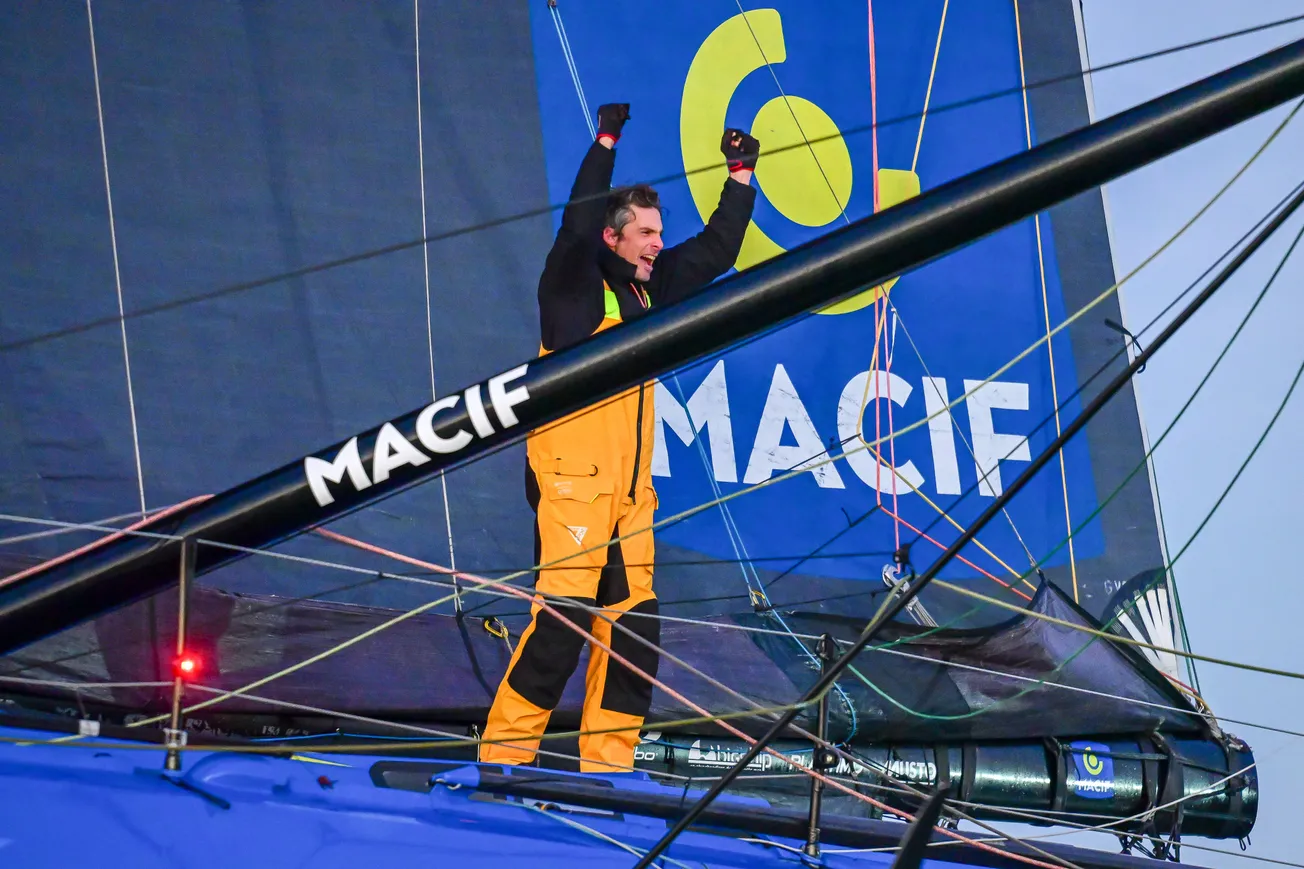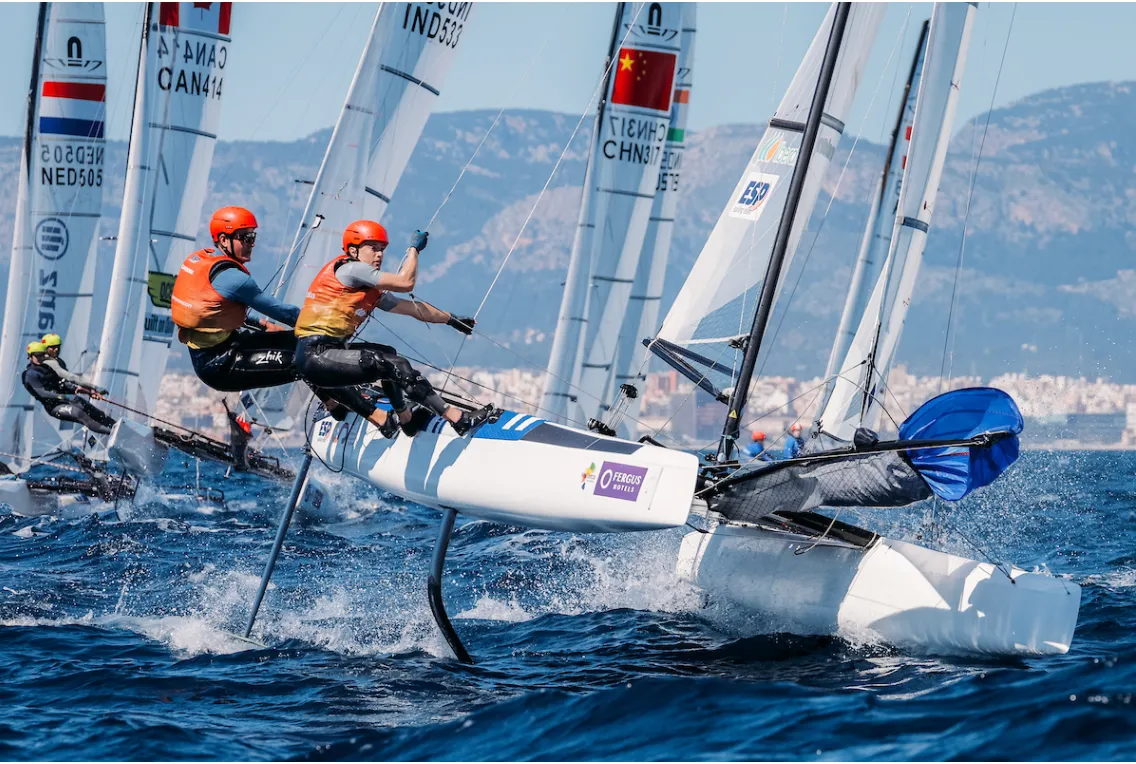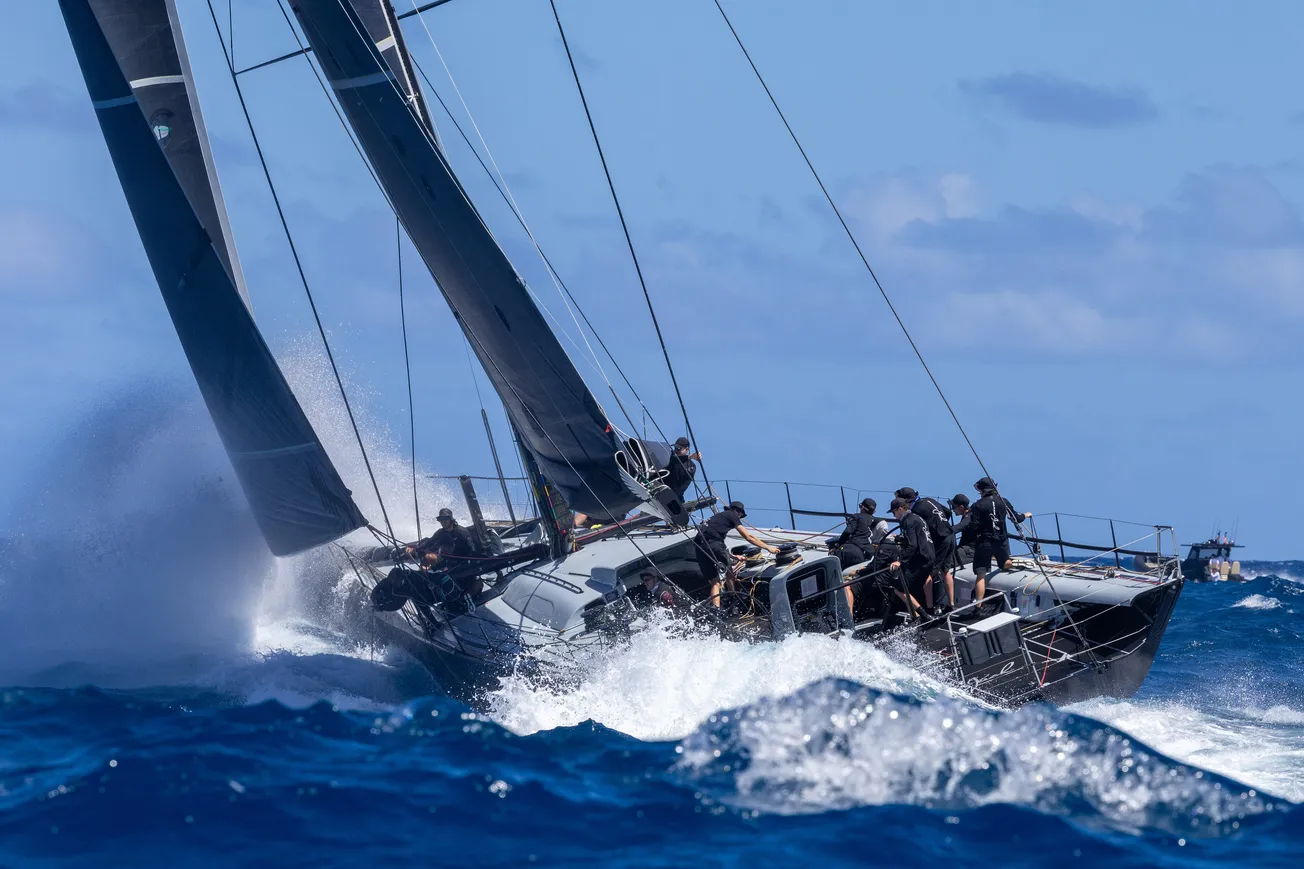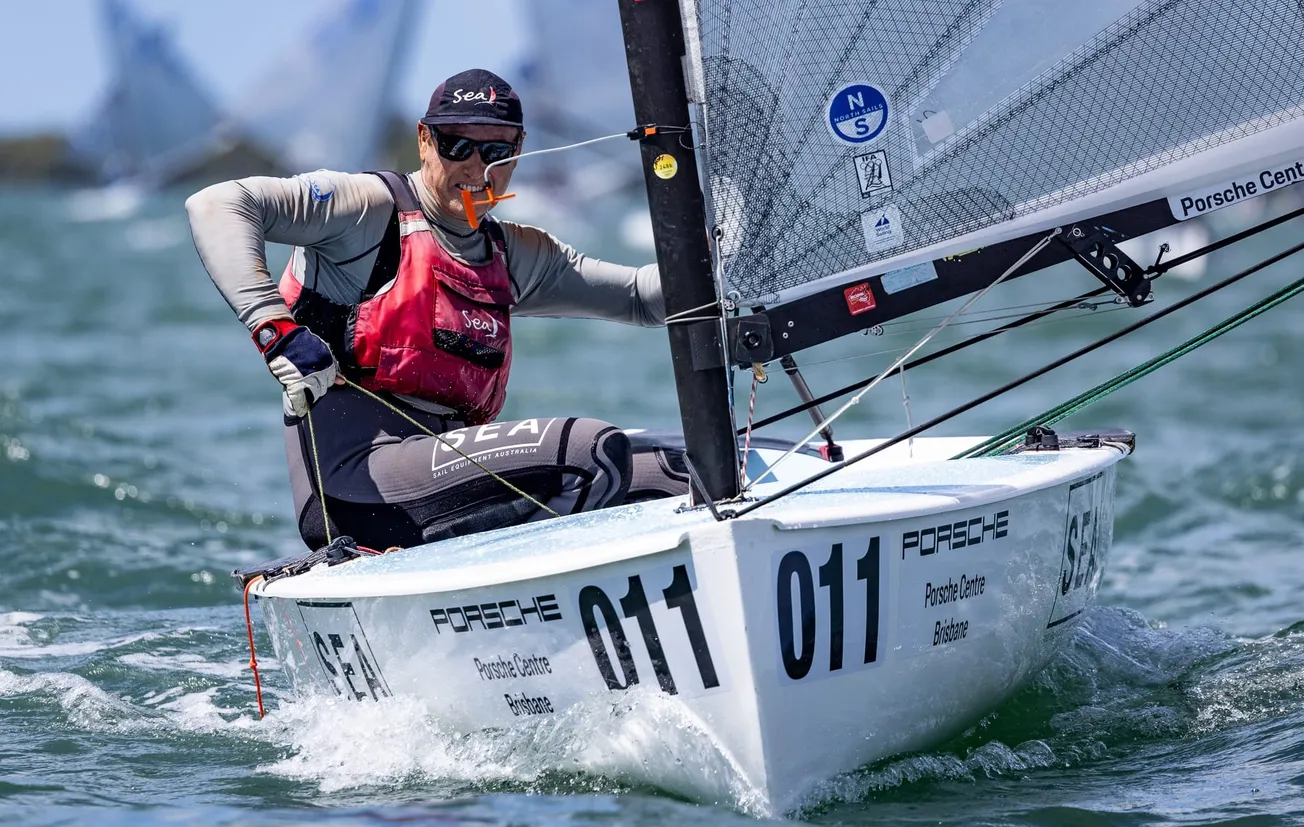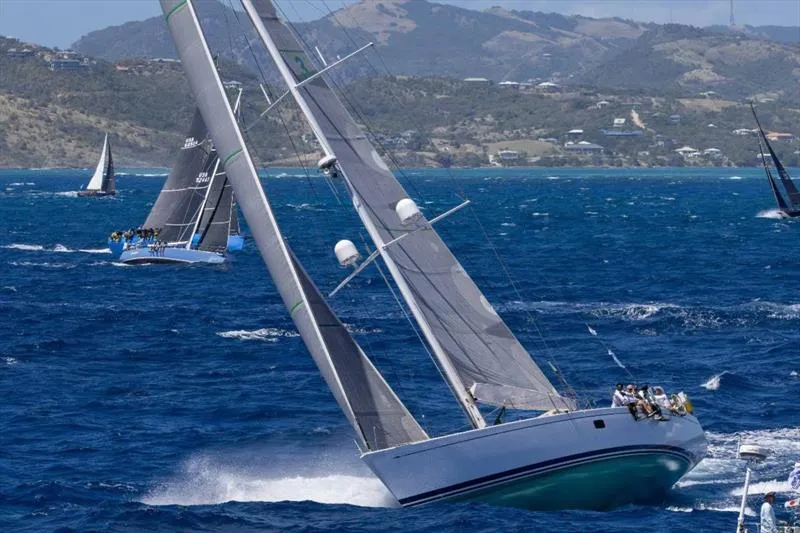Incredible scenery, great sailing – even if the winds can be maddeningly fickle – and a charming host village at Tarbert on Loch Fyne, what could be better than four days racing at the ‘25 Jura Scottish Series regatta?
On the website of organisers, the Clyde Cruising Club, the blurb for a regatta that dates back to 1979 talks about this year’s event being a “sailor’s paradise.” And that’s pretty much how I remember it from sailing there way back in 1996 – even if it was a bit chilly.
In those days the Series, then sponsored by Rover, was a big deal. It was comfortably Britain's second-biggest regatta after Cowes and it attracted 260 boats in 13 classes from all over Scotland, England and Ireland, north and south, and included new and prestigious fleets like the Melges 24s.
The passage races to Tarbert were a big part of it, with crews racing to the Clyde from Bangor in Northern Ireland and 180 yachts making the trip overnight from Gourock. The shoreside, meanwhile, was alive every night with packed-out local hostelries in Tarbert doing a roaring trade. You would have thought, back then, that it could only grow…
But it hasn’t and, in common with all these once-great events, the numbers of people and boats attending have been steadily falling. The Scottish Series is now just about surviving and, by any reckoning, is facing an uncertain future. The annual regatta had been in slow decline throughout the 2000s and then came Covid – and it was a hammer blow.
The regatta was cancelled in 2020 and has been struggling to find its feet ever since as attendances have fallen again, to the point where they are now below 100. But not everyone is content to see it die off. And Roddy Angus, who has been chairman of the Scottish Series since September 2023, is the leading figure trying to halt the decline and get the regatta back on a positive trajectory.
Aged 62, and with a day job being CEO of the Glasgow-based Merson Group, which produces signage and cladding, Angus is a proper Scottish Series veteran. He’s been racing there since the 1970s in everything from Half-Tonners, to Sonatas and all sorts of handicap-rated boats.
“I think I probably got the job because there weren’t a lot of other volunteers around for it,” he said. “But you know, I’ve been going to the Scottish Series since the ‘70s or whatever, and I certainly didn’t want it to fizzle out without giving it a good push, so that’s why I was motivated to do it.”
Angus said the cancellation caused by Covid did real damage. “What we found, just because it had been shut for two years, was not that we had lost competitors – which we had – but we’d also lost the sponsorship we had (from a local marine business) and all the volunteers and the infrastructure for running the thing had shrivelled,” he said.
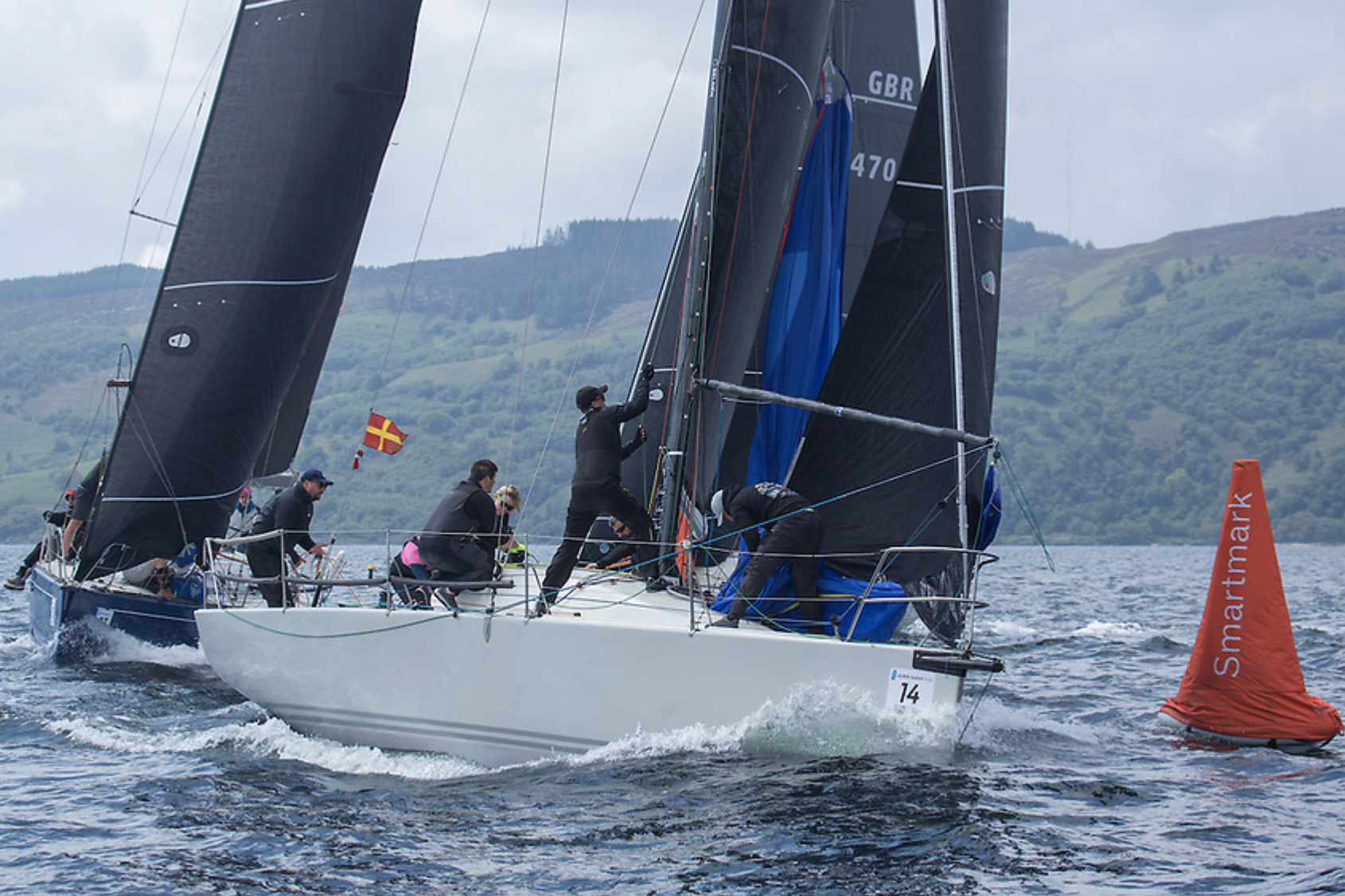
His goal has been to reverse the decline and this year he was determined to try to get back above 100, but so far that has not been achieved – although, if you are reading this, and decide to take part (and why not?), the CCC is accepting entries until a week before the event begins.
“It’s a real shame,” Angus added. “Boats are not coming any more from southern Ireland and, in Scotland, we only have about 20 boats with an IRC handicap, so that’s just a problem generally on the Clyde. A lot of the Clyde Yacht Clubs Association boats (local cruising boats which race as a class at Tarbert) prefer doing something like West Highland Week with its more cruisy, go-away feel.”
The fall in numbers makes it more difficult to interest sponsors who want to see hard data about who they will be marketing their products to and it feels like an uphill struggle for the CCC. Angus is realistic about the future and admits the club may have to cut its own commitment back or change the way it organises the event. Cancelling it altogether is not likely.
“I think it will continue,” he said. “It’s what form it takes – that’s the question. I think there is a willingness to have it continue at Tarbert. If some people don’t like that, then it’s just not an event for them and we’ll have to accept that and just run it for the boats that do want to come. If we can keep getting 90-odd boats and 5-600 people there, then it’s a pretty lively weekend.”
The regatta is run in three classes with a handicap fleet of around 30 boats, a one-design fleet that might include Sigma 33s, Etchells and Hunter 707s for example, and then the 30-strong CYCA group. On a positive note, the introduction of smart racing marks from last year has meant that race officers can make the best use of the deepest water in the centre of the loch, and avoid the flukier margins where the marks used to be located, while also making the turnaround between races faster. But smart marks are expensive to hire for an event struggling for funds.
Another positive, Angus points out, is the cohort of volunteers – many of them CCC members – who have come back to the Scottish Series ready to help get it back on its feet. They are certainly giving the event a vote of confidence. “I have to say the easiest thing this year has been the volunteers team,” said Angus, “just about everybody who was there last year is back doing it and enjoying it.”
He also makes the point that if you started a regatta like this from scratch, in a relatively remote setting like Tarbert, and you got 90 boats turning up, you’d be pretty pleased. And last year was an absolute cracker with the regatta bathed in gorgeous weather and people had a great time on the water and off it. “We had a great party last year,” he recalled, “a big marquee on the pierside and everybody gets in that, and the social side is really good.”
Talking to Angus, you get the feeling his heart is very much in this and that he is not going to let this thing unravel without a fight, even if this year he is not going to hit his target. Let’s hope he succeeds and the Scottish Series – currently sponsored by Jura Single Malt Scotch Whisky – gets back on a positive growth trend.
Get all areas access to Yacht Racing Life with a Full Membership free 30-day trial. There's no obligation and you can cancel at anytime.


